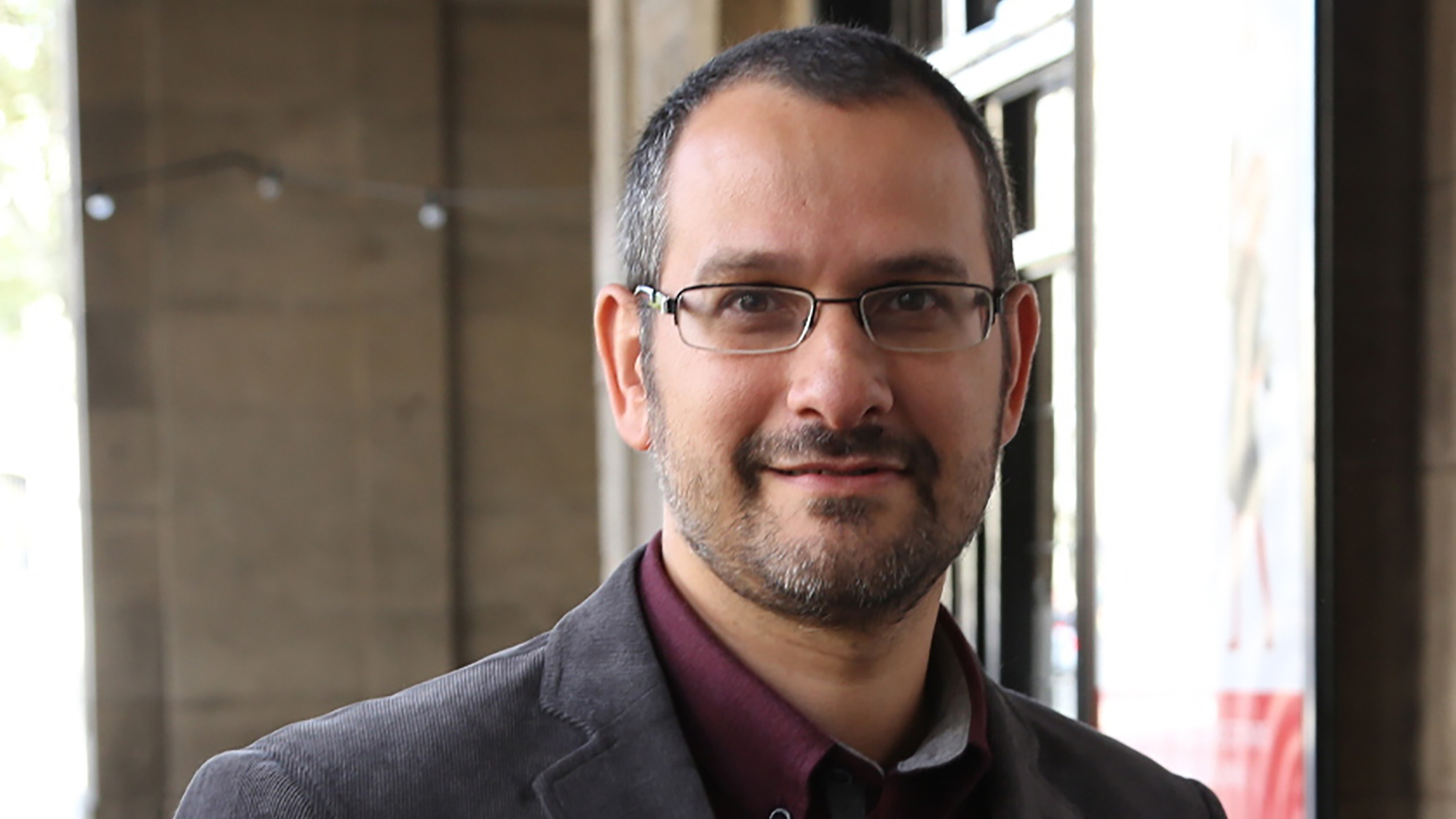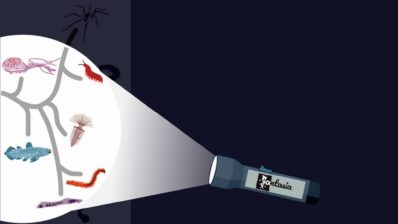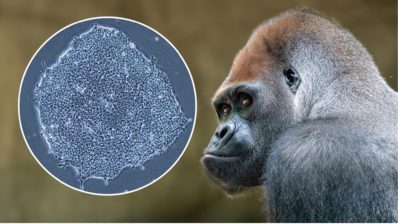Tomàs Marquès-Bonet is the Principal Investigator of the Comparative Genomics Lab, at the Institute for Evolutionary Biology (IBE: CSIC-UPF). His research group has participated in the Zoonomia Project for the conservation of biodiversity.
The project, a worldwide collaboration, has analyzed the genome of more than 80% of mammals in an effort to characterize the diversity that is to be preserved.
We talked to Marquès-Bonet about the relevance of understanding the loss of biodiversity as a complex problem where genetics and comparative genomics have a lot to say.
What is the Zoonomia Project?
The project arises from a need in the field of evolutionary genomics and conservation to understand the genetic bases of biodiversity with the aim not only of understanding how species evolve but also of maintaining biodiversity.
“You cannot maintain biodiversity if you have not characterized it before”
A group of scientists from various universities around the world took a very large diversity of mammals covering 80% of today’s taxonomic variability, and compared it with the human genome to see which parts are more conserved and which parts have evolved faster.
It has been done before, but not at the level of resolution achieved now by comparing the human genome with that of 200 mammals. It has also made evident that comparative genomics is one of the tools that we can use to study diseases and how the human genome works.
“If a part of the genome is very important, it will change more slowly than a part that is less relevant.”
The other aspect of the study was studying the relationship between genomic diversity and the risk of extinction of a species, which until now was not clear.
What have been the most relevant conclusions?
This is one of the first articles, if not the first, that looks at the entire genome of a single individual per species; but since each individual is the random union of two chromosomes in the population, the father’s and the mother’s one, comparing the genetic diversity of the two chromosomes gives us an idea of how variable the population is.
We have measured this variability in different species, and we have found that the species that are more threatened tend to have less diversity.
“When a species is threatened it has fewer individuals; and when there are fewer individuals there is less genetic variability”
So, what role does genetics have in the conservation of biodiversity?
The disappearance of biodiversity is a very complex issue that involves many agents, such as politics, geopolitics, society, or ecology, but also the study of biodiversity itself, to know what we have to restore.
Many times we see that genetics is not a priority in conservation. And I am not saying that it should be, but this is a problem that requires everyone to help, or we won’t be able to get out of it. Therefore, I defend that genetics is one of the factors to take also into account, since knowing the species’ diversity is crucial to preserve it.
Diversity and genomics are part of the same equation to solve the problem; the more we include, the better we will understand it and the sooner we will find a solution.
And how is this preservation related to human health?
You can try to preserve biodiversity for many reasons; for me the first one, the most important, is because each species that is lost is a value that has taken millions of years of evolution, and therefore losing it is a disaster.
But even from a selfish point of view, a species that is lost is one less opportunity to understand human diseases or find vaccines, antidotes or potential molecules that only that species had or knew how to tolerate. Therefore the loss of diversity makes us more ignorant about our own species.
Do not miss the complete interview, where Tomàs Marquès-Bonet explains us the relevance of projects such as Zoonomia to try to cushion the loss of biodiversity caused by humans, giving us a little hope for the future.
[Video in Catalan]
Zoonomia Consortium. A comparative genomics multitool for scientific discovery and conservation. Nature. Online November 11, 2020.







